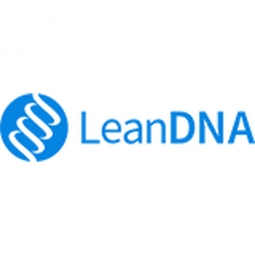LeanDNA
Case Studies
Global Electronic Instrument Manufacturer Reduces Inventory by 15% Using AI-Powered Solution
Overview
 |
Global Electronic Instrument Manufacturer Reduces Inventory by 15% Using AI-Powered SolutionLeanDNA |

|
Functional Applications - Enterprise Resource Planning Systems (ERP) Functional Applications - Inventory Management Systems | |
Electronics Equipment & Machinery | |
Procurement Warehouse & Inventory Management | |
Inventory Management Picking, Sorting & Positioning | |
System Integration | |
Operational Impact
| The implementation of LeanDNA has not only led to significant quantitative benefits but also qualitative improvements in the company's operations. The company now has total visibility into the current state of operations, correct sourcing for suppliers, and trustworthy data—all updated daily, rather than their previous quarterly cadence. This has allowed for more efficient monitoring and command over inventory actions. The company can now quickly diagnose and solve inventory problems. For instance, they are able to track purchase price variance every day. Any negative PPV triggers a notification through LeanDNA, enabling the company to stay on top of their spend strategy. The saved time has allowed the procurement manager's team to clean up workflows and focus on sourcing strategies—tasks they didn't have time for in the past. | |
Quantitative Benefit
| Reduced inventory by 15 percent in 12 months | |
| Reduced shortages by 60 percent in 12 months | |
| Reduced downtime by at least 10 percent | |


